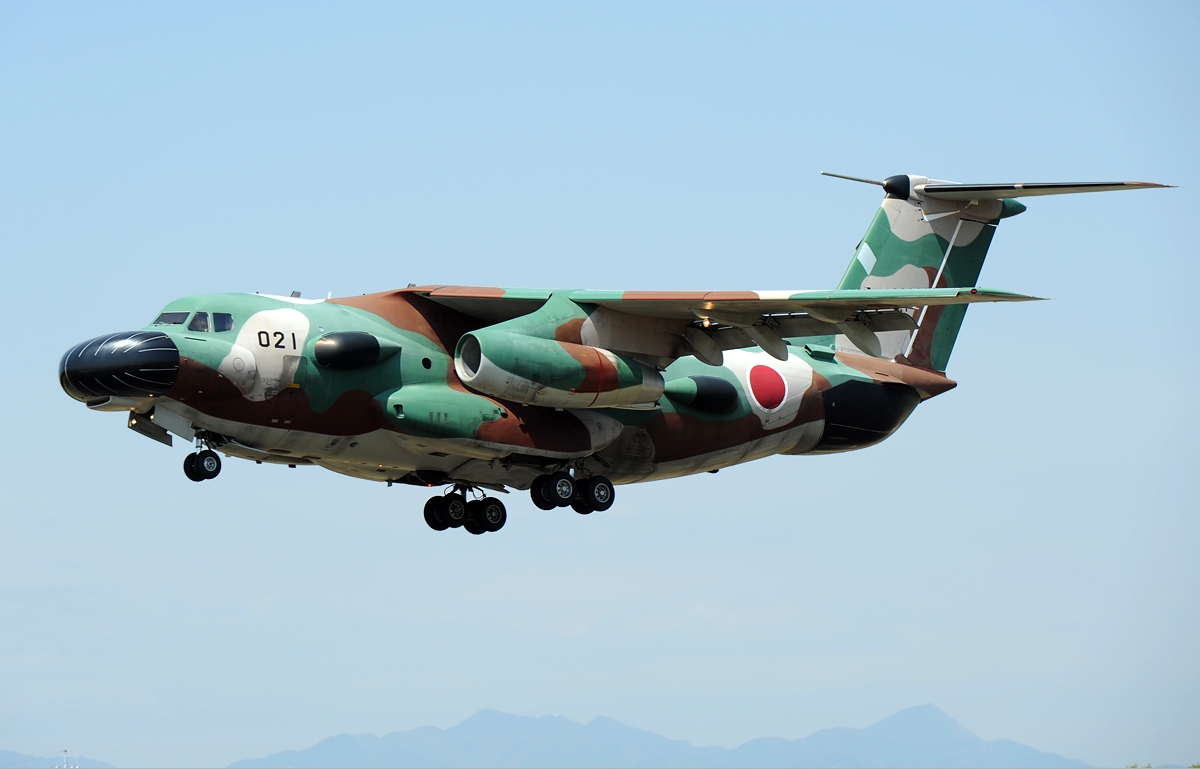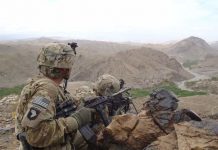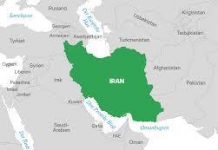Japan, the Land of the Rising Sun, will be investing $150 million towards developing a new aircraft which can conduct advanced electronic warfare with Tokyo assigning the project to Kawasaki Heavy Industries.
According to sources, the total cost of the project, to build and test the new aircraft will cost Japan nearly $440 million. Currently, Japan uses the Kawasaki-C2 aircraft for its electronic warfare purposes; according to experts Japanese designers plan to use this aircraft as a basis for the development and construction of the newer, more advanced electronic warfare aircraft.
Two prototypes are expected to commence flight tests sometime in the middle of 2026. On successful completion of the tests, Japan said it is ready to build “several” such aircraft. It however did not provide any precise numbers.
Incidentally, Tokyo is in the process of modernizing its air force. In addition to new acquisition of aircraft, Japan already has a fleet of U.S. F-35 stealth fighters. On its part, Japan is currently developing its next-generation fighter jets.
According to Junnosuke Kobara, the author of the Japanese online publication Nikkei Asia, next-gen Japanese fighters should become available by the end of the current decade and will become operational by 2035.
Japan has decided to change the method of waging war and has integrated new weapons and advanced technologies taking into account its big neighbor China, said Junnosuke Kobara while adding, Tokyo must have an alternative to China’s air aggression.
Currently, the number of fighter jets available with Tokyo is three times smaller than Beijing.
Although currently there is no information about a foreign collaboration in the Japanese Defense Ministry project, in the past, Tokyo had leveraged Lockheed Martin’s experience in building fighters for its projects, and there is a real possibility that it could once again partner with it on this one.
The United States has been Japan’s partner for years. Boeing, Lockheed Martin, and BAE Systems have significant experience in building electronic warfare systems.
Their participation in this project is likely to benefit both nations.





